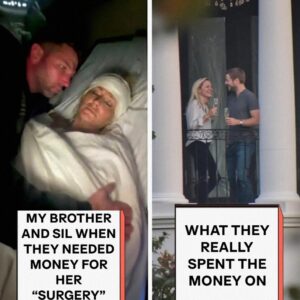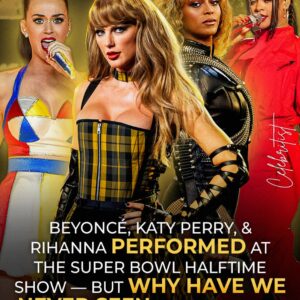The nation was shocked last week when conservative commentator and Turning Point USA founder Charlie Kirk, 31, was assassinated while speaking at Utah Valley University. The attack, witnessed both in person and via livestream, quickly became one of the most publicized acts of political violence in recent years. Authorities arrested 22-year-old Tyler Robinson, who now faces multiple charges, including first-degree murder, with prosecutors seeking the death penalty.
As details emerged, reactions from celebrities stirred further controversy. Author Stephen King and actress Christina Ricci were criticized for highlighting Kirk’s past inflammatory statements even after his death. King later apologized for his remarks, while Ricci defended her decision to not “gloss over” Kirk’s rhetoric. Their comments reflected the heated divide over how to address Kirk’s polarizing legacy.
Actor Michael Keaton also faced backlash after addressing the assassination at a journalism gala. While expressing sympathy for Kirk’s wife and children and condemning violence, Keaton remarked on “the irony that he was killed with a gun.” Supporters saw his words as a thoughtful plea for peace, but many of Kirk’s followers accused him of politicizing the tragedy and pushing an anti-gun agenda.
The reactions highlight Kirk’s divisive legacy and the volatile mix of politics, celebrity, and violence. As emotions run high, the fallout from his assassination is far from over, with debates continuing both online and offline about how to respond to such a deeply polarizing event.





